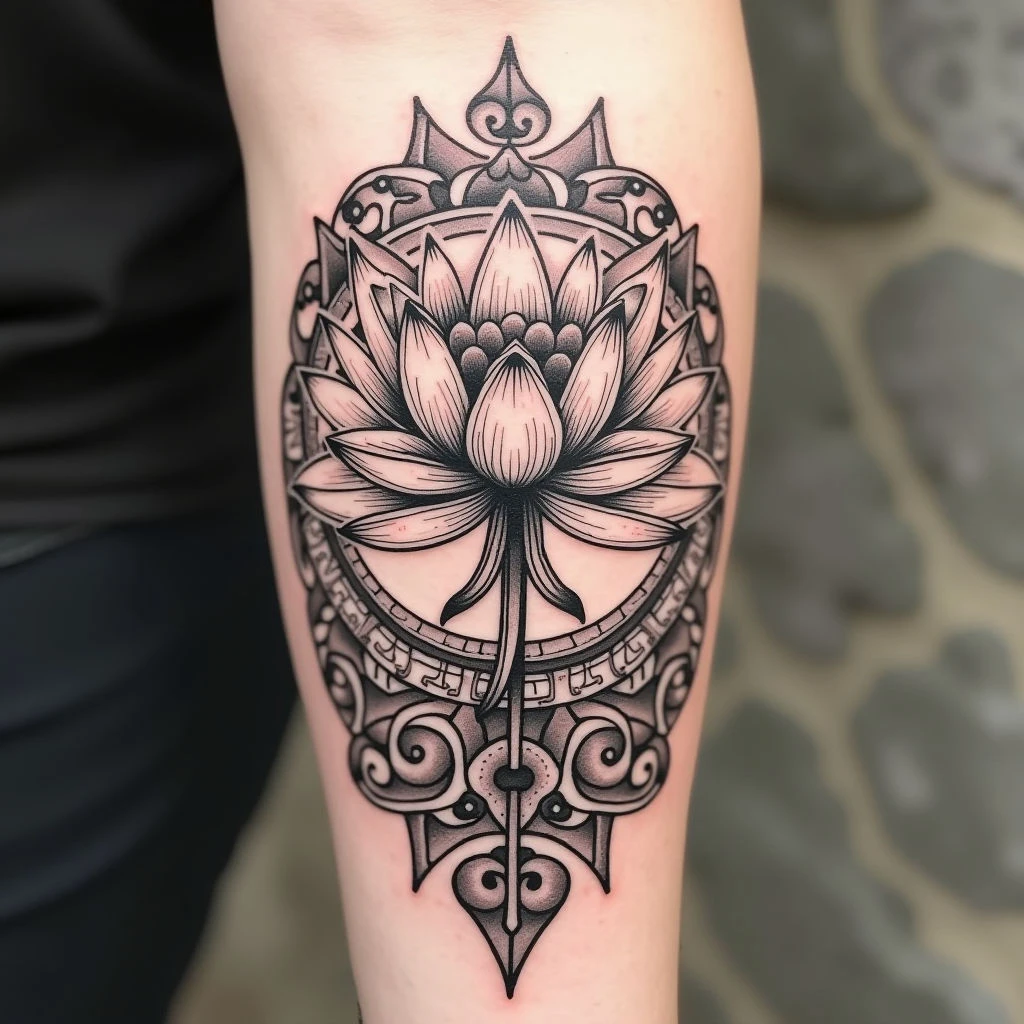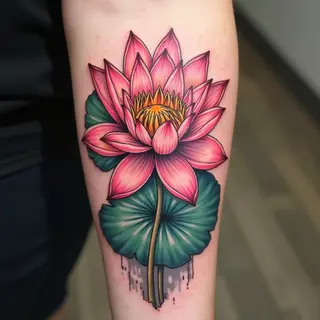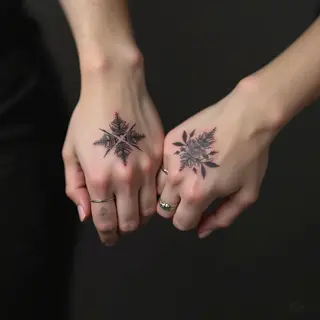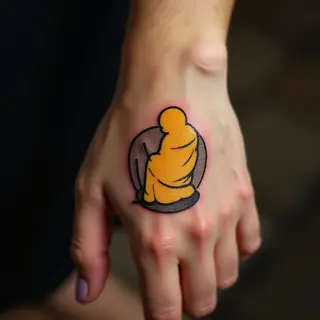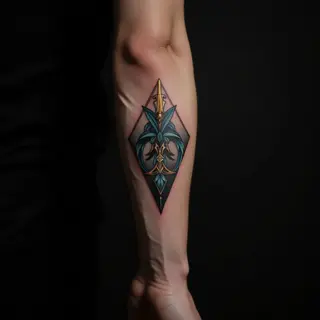A Journey Through History & Culture: The Spiritual Meaning of Tattoos
Tattoos have been a part of human culture for millennia, serving not just as decoration but also as powerful symbols representing beliefs, values, and life experiences. But beyond aesthetics, what is the spiritual meaning of tattoos? This guide delves into the rich tapestry of tattoo symbolism, exploring its historical roots, cultural significance, and personal interpretations.
A Journey Through History & Culture
Throughout history, various cultures have used tattoos to mark rites of passage, signify status, or connect with deities. Polynesian tribal tattoos, for example, often told stories of ancestry and spiritual connection. Ancient Egyptians adorned themselves with protective symbols, while Japanese Irezumi tattoos served as a form of both punishment and artistic expression.
Unlocking Personal Symbolism
Today, many people choose tattoos to express their personal beliefs and values. A lotus flower might symbolize enlightenment, a phoenix rebirth, or an anchor unwavering faith. The meaning is deeply individual, reflecting the wearer's unique journey and spiritual path.
Connecting with Faith & Spirituality
Tattoos can serve as constant reminders of one’s faith or spiritual practice. They offer a tangible connection to higher powers and inspire reflection on life's deeper questions. Whether it's a sacred symbol from your religion or a design that embodies your personal philosophy, tattoos can be powerful tools for spiritual growth.
Beyond the Ink: Respecting Sacred Designs
It’s crucial to approach tattoo symbolism with respect and understanding. Research the origins and meanings of designs before committing to them, especially if they hold cultural or religious significance. Consider consulting with a knowledgeable artist who appreciates the depth and meaning behind these powerful symbols.
